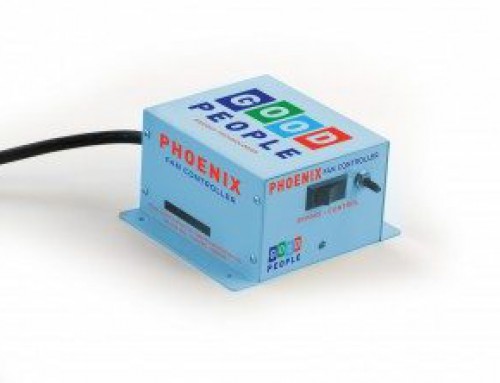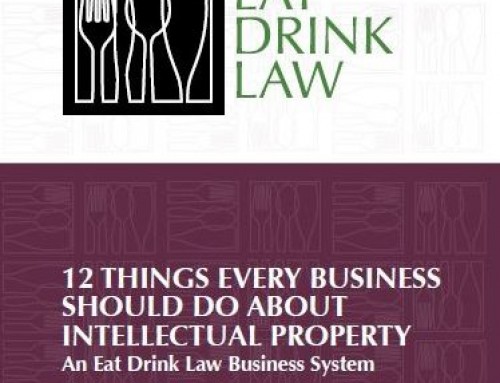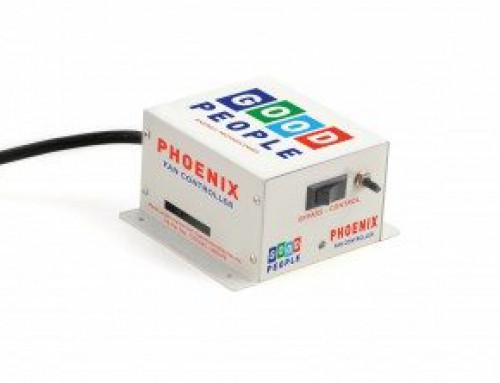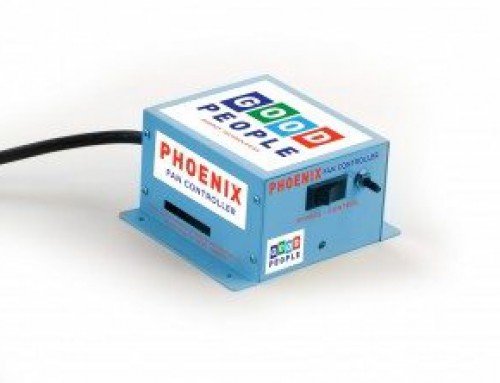Guest Post by John Barone
New York State has become a legal battleground over the industrial activity of natural gas development using the technique of high-volume hydraulic fracturing known as “hydrofracking” or “fracking.” Most recently, the Court of Appeals is considering the principle of “home rule.” Home rule authority under the New York Constitution, Article 9 and Municipal Home Rule Law provides local municipalities the right to administer zoning or land use controls for the betterment and preservation of the local economy and community character. The Towns of Middlefield and Dryden were two of the first municipalities in New York to enact bans on hydrofracking. Both Towns were subsequently sued; and in a landmark decision, the Appellate Division of New York upheld New York State’s principle of home rule, finding that local control and regulation of zoning and land use coexists with, and is not preempted by, state regulation of industrial operations, activities, and processes under the Oil, Gas and Solution Mining Law. Norse Energy Corp. USA v. Town of Dryden, 108 A.D.3d 25, 37-38 (3d Dep’t. 2013) lv. to appeal granted, 21 N.Y.3d 863, 995 N.E.2d 851 (2013).
Concerned that the diminishing of home rule would significantly and negatively affect their local economies, businesses throughout New York State have joined together to file an amicus curiae brief in support of the Towns of Dryden and Middlefield and their right to use municipal home rule powers to ban fracking. Aptly named the “NY Businesses,” these businesses represent the core of upstate New York industries – agriculture, food and beverage, arts and entertainment, tourism, construction and real estate, health and well-being, hospitality, and services and retail. Among them are Brewery Ommegang, located in Middlefield, NY; the Park Slope Food Co-op, in Brooklyn, NY; Tuthilltown Spirits, LLC located in the Hudson Valley; Hunt Country Vineyards, LLC from the Finger Lakes; and the Northeast Organic Farming Association of New York, Inc. (“NOFA-NY”).
As an attorney at Tooher & Barone, LLP (attorneys for the NY Businesses), my involvement with the Dryden and Middlefield cases began in 2011 and has developed into an intimate understanding and appreciation for the regions, towns and individual businesses that are contributing to sustainable local economies throughout our state. Recently, I had the opportunity to travel to Keuka Lake and meet with Art Hunt, owner of Hunt Country Vineyards in the Town of Jerusalem, near the village of Branchport in the Finger Lakes of New York. The Finger Lakes region is a major wine producing region of New York, known for both its wineries and its pristine beauty.
The vineyard has been producing wine for 33 years and Art clearly displays a sense of pride in the growth of the operation which began with the farm and one small shed that housed a press, tank, and stainless steel vessels and oak barrels for aging. A true farmer, Art is as hands on today at the vineyard as he ever was; not surprisingly when I called to speak with him about this blog piece, he was out in the vineyard working.
In speaking about the Finger Lake wines – including his own – Art identified the region’s natural resources and character as irreplaceable elements contributing to a great product.
The exceptional quality of our premium grapes and world class wines depends on a combination of growing conditions here which include fertile well drained soil, clean air, adequate rainfall and abundant clean water. Water from our wells is so pure it has a rare Waiver of Disinfection from the New York State Department of Health. Even our highly stable workforce has chosen employment with us in part because of the quiet, rural character of our Town. From the point of view of visitors, they are the lifeblood of our business and nearly all the other tourist reliant wineries in the Finger Lakes.
Like traditional farmers, vineyard owners stress the importance of preserving the quality of water resources. Art Hunt worries about potential environmental damage in and around Keuka Lake and the surrounding vineyards from industrial uses, “this region is one of the most beautiful areas of the country with water so clean you can drink out of the lake . . . we cannot allow industrial development to impact our environment or alter the local economy that relies upon these natural resources.”
Recognizing the importance of the home rule precedent set by Dryden and Middlefield, Art jumped at the chance to sign up Hunt Country Vineyards as an amicus member on the brief submitted to the Court of Appeals. Similar to Dryden and Middlefield, the Town of Jerusalem – and the home of Art’s vineyard – enacted a zoning ordinance explicitly prohibiting the land use of natural gas extraction, exploration or production wastes in an effort to protect the water quality of the Town’s residents and businesses. See, Town of Jerusalem Zoning Ordinance § 160-141. Art participated in the Town’s review of fracking and was appointed as a farmer representative to provide input. He clearly understands the importance of the Town’s character, “we have long maintained the clean and quiet ambience of our Town by strictly limiting industrial development within the Town borders through careful land use planning.” Art further comments with regard to hydrofracking, “my family has been here for seven generations, and I hope that we continue our farming tradition for future generations to come . . . in no way do I want to jeopardize that with fracking.”
Oral argument for the Dryden and Middlefield cases has been scheduled for Tuesday June 3rd at 2pm. The Court will transmit a live webcast of the oral argument on its website here: https://www.nycourts.gov/ctapps/
John L. Barone is an environmental and real estate attorney who focuses on regulatory compliance, complex transactions, and dispute resolution for business clients across New York State. He is a partner at Tooher & Barone, LLP in Albany, NY. He has a particular affinity for craft food and beverage entrepreneurs and their role in accentuating New York’s rich agriculture, cuisine, vineyards, microbreweries and artisan distillers.








Leave A Comment